CSPO News
-
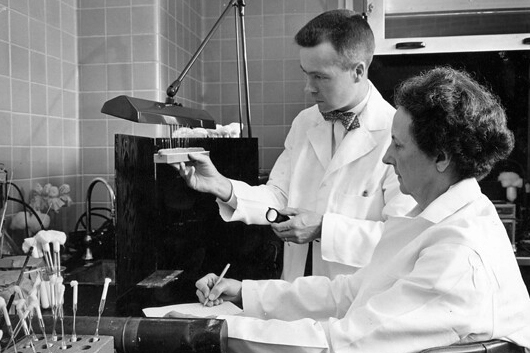
Protecting the Integrity of Government Science
The need for a federal scientific integrity framework
In her new essay for Issues in Science & Technology, Elizabeth Southerland builds a strong case for why enshrining scientific integrity policies into law is the best way to ensure that federal decision making is based on rigorous and independent research.
-
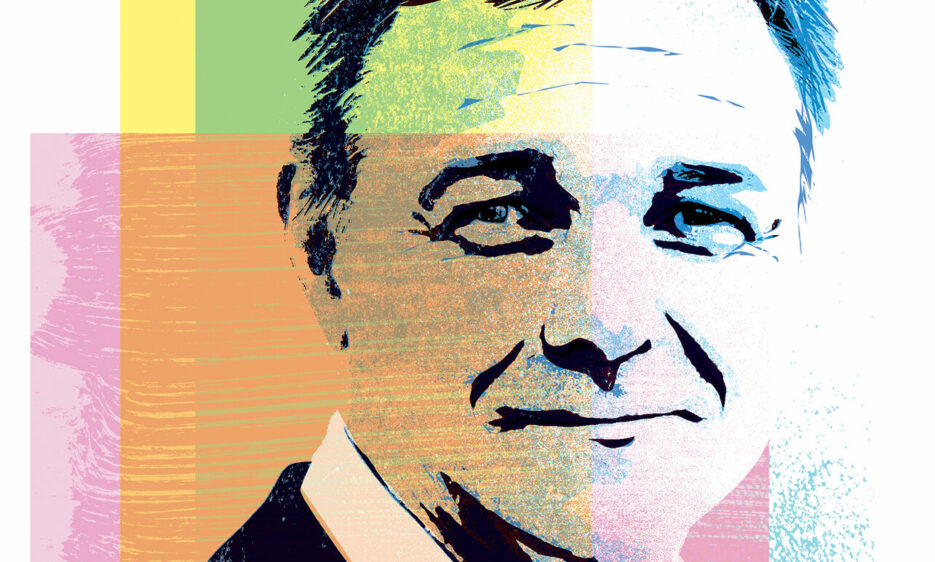
“This One in China Felt Different”
Reflecting on state of the COVID-19 pandemic and what society must do to prepare for future global crises.
On New Year’s Eve, 2019, Jeremy Farrar became one of the first people in the world to learn of a new viral pneumonia that was sickening people in China. Issues recently spoke with Farrar to get his insights on the future of the pandemic, its roots in changes in how humans interact with nature, and the uniquely globalized challenges of COVID-19.
-
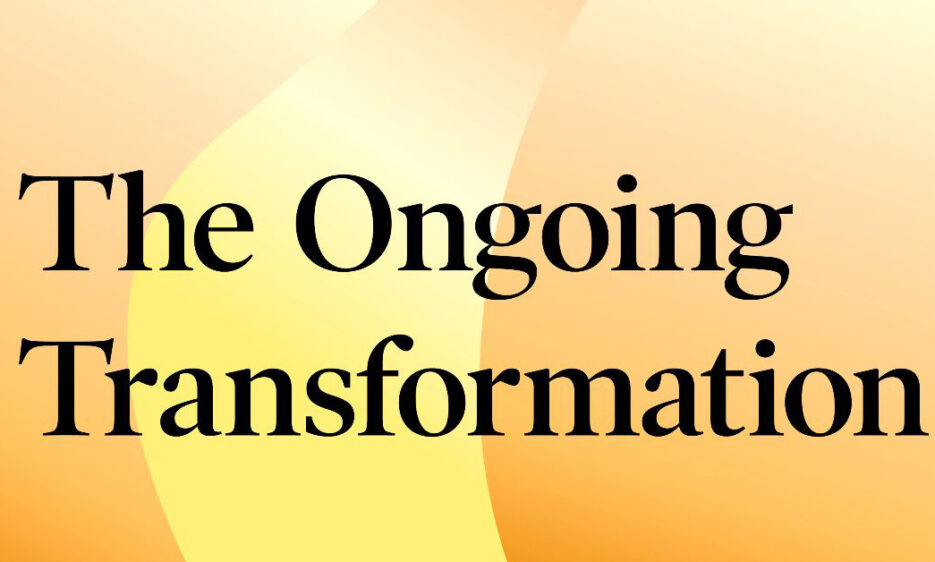
The Ongoing Transformation
Announcing a new podcast from Issues in Science & Technology!
The Ongoing Transformation is a biweekly podcast featuring conversations about science, technology, policy, and society. We talk with interesting thinkers—leading researchers, artists, policymakers, social theorists, and other luminaries—about the ways new knowledge transforms our world. Listen and subscribe to The Ongoing Transformation wherever you get your podcasts.
-
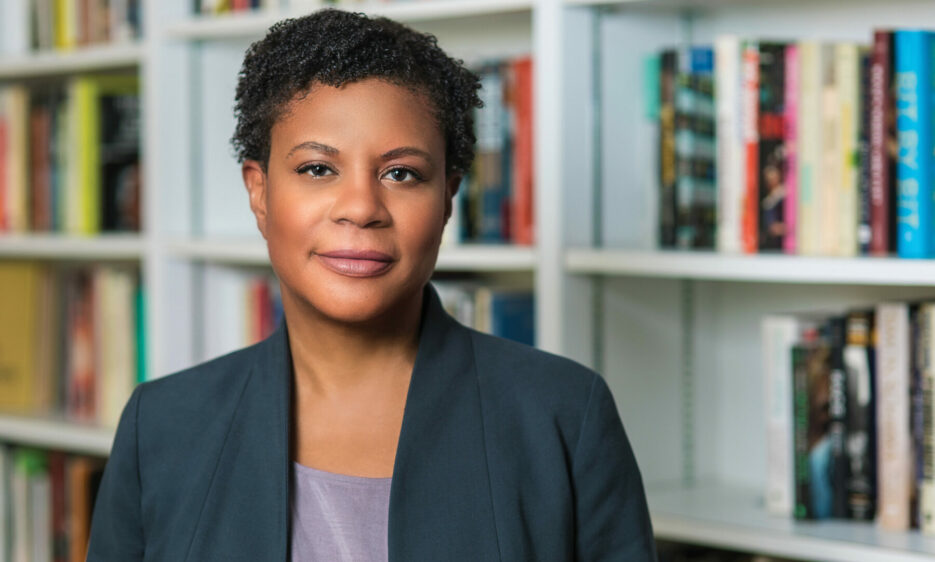
A New Social Compact for Science and Technology Policy
Making federal science and technology policy fair and equitable for all
Since it was established by Congress in 1976, the importance of the White House Office of Science and Technology Policy has only grown. Alondra Nelson, the first deputy director for science and society at OSTP, attributes the office’s increasing prominence in federal policymaking to the fact that “science and technology now sit in the center of every policy and social issue.” Read her recent conversation with Issues editor William Kearney.
-

Science for the Messy and the Mysterious
Bringing Social Science to Bear on the Pandemic
By uncovering the uniquely human factors that affect responses to catastrophes, the social sciences can inform more nuanced and effective policy, now and in the future.
-

Stuck in 1955
Educating Engineers for the Century to Come
Why is engineering education stuck in time? Engineering curriculums are still rooted in a 1955 report that emphasized theory over practical, hands-on work. This situation calls for sweeping change.
-

Science, Values, and Democracy
Announcing the newest title in the Rightful Place of Science book series.
In an urgent new book, philosopher of science Heather Douglas argues that science requires social and ethical values for both the direction of research and for sound scientific inference.
-
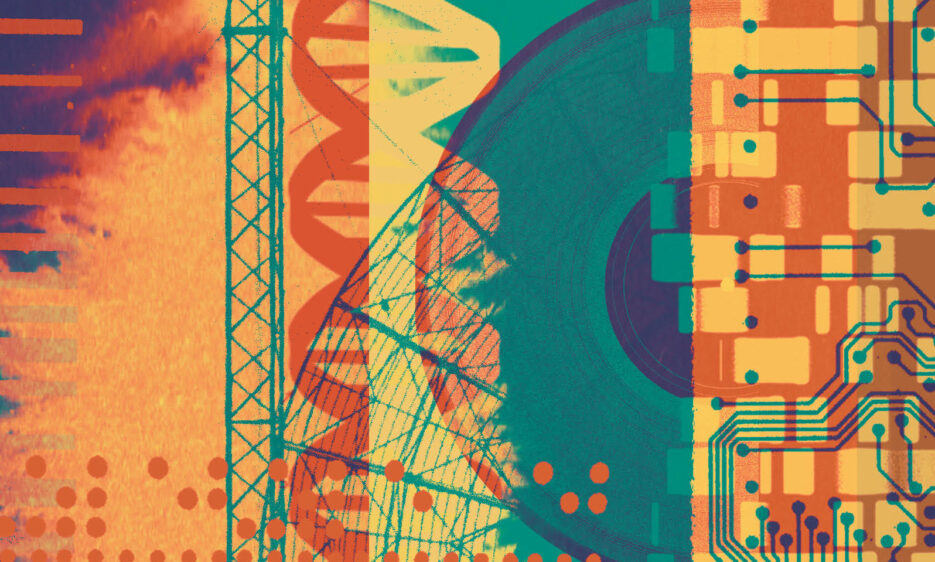
Reinvigorating the Scientific Enterprise
Envisioning the Next 75 Years of Science Policy
How can we structure science policy and scientific research to meet human needs in a world of accelerating changes? Global leaders, early career researchers, policymakers, businesspeople and more consider the future of the scientific enterprise and how it could be changed to create a healthier, more equitable, and secure society in an essay collection in Issues in Science & Technology.
-
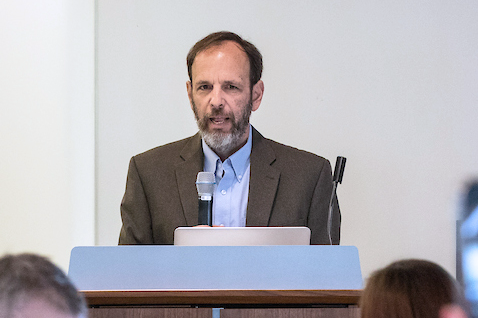
He Told Us There’d Be Days Like These
Dan Sarewitz Retires
In 1999, Dan Sarewitz helped found the Consortium for Science, Policy, and Outcomes (CSPO). Over the past two decades, Dan and CSPO have worked to improve the interactions of science, technology, and society, advocating for science and science policy that is created by and benefits everyone. Dan’s leadership as co-director of CSPO and editor of Issues in Science and Technology will be missed.